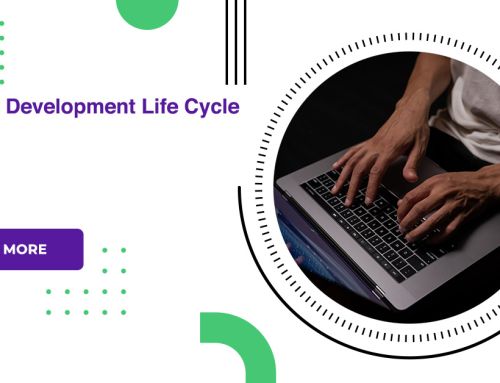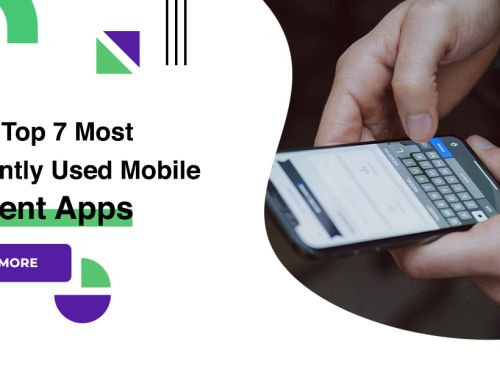Mobile App vs Web App | Differences between Mobile App and Web App Development
Developing an app includes elaborate planning and procedures. It begins with app concepts, then goes on to scheduling, design, development, testing, and deployment of the app to the planned mobile devices. However, you will have to choose the exact way in which you need to create and install your app you can develop either a mobile app or a web app.
What is Mobile App and Web App?
Mobile App: A mobile App is regularly established for a particular mobile platform. It is fixed on the device directly. If the users want to use these native mobile apps, they have to download it from the app store.
Web App: A Web App is an app that can be opened via mobile or web browser. It is Internet-enabled, and users don’t have to copy them to access it.
Native Mobile App Vs Web App
Mobile App: A Native Mobile App is an app developed basically for one specific mobile device and is installed straight onto the device itself. Users of instinctive apps frequently download them via app stores associated or the app market, such as the Apple App Store, the Google Play store and so on. A model of a native app is the Camera+ app for Apple’s iOS devices.
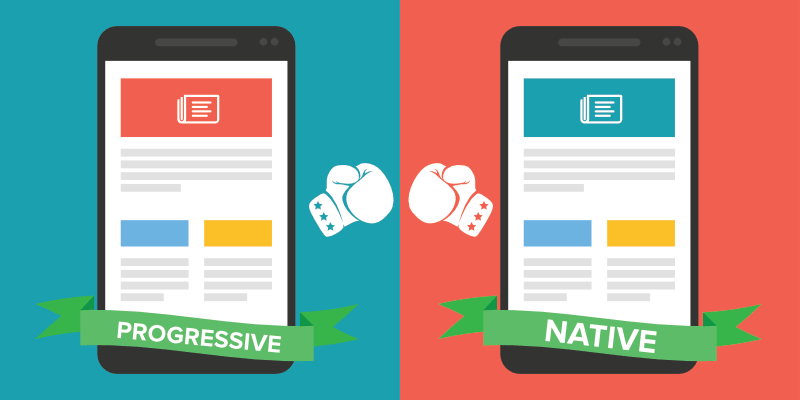
Web App: A Web App, on the further hand, is Internet-enabled apps that are nearby via the mobile device’s web browser. They essential not be transferred onto the user’s mobile device to be retrieved. The Safari browser is a respectable example of a mobile Web app.
Mobile App Vs Web App: What’s the Difference?
Here are some opinions that will help you to understand the difference between mobile native and web apps undoubtedly.
Platform
Native Mobile App: When you hire the top mobile app development company, they create this app for one platform. They are platform-specific- IOS for Apple iPhone or Windows for Nokia. Operators are essential to download them from the app/play store. Also, these native apps are permissible to access system properties like contacts, GPS, and so on. Some examples of native apps are Hike, Instagram, and Paytm and so on.
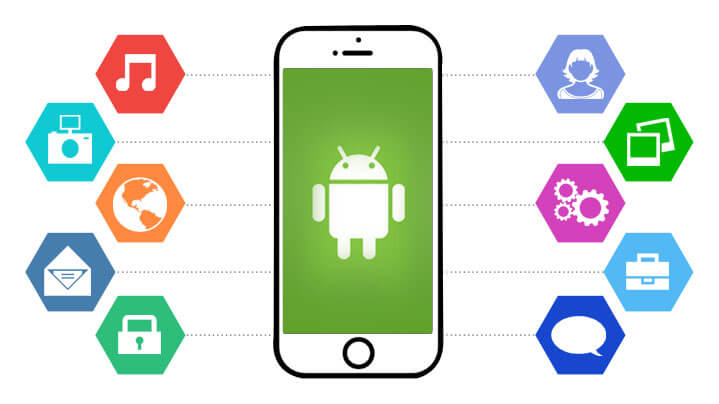
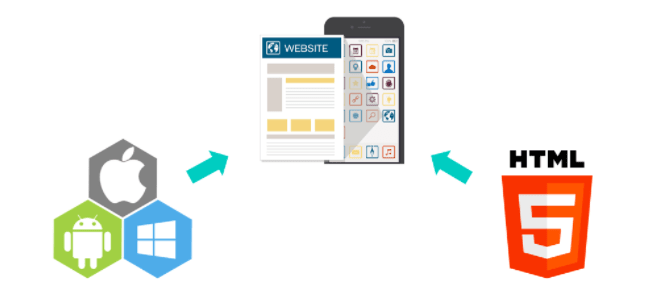
Web App: They are not platform-specific. These apps are opened on the browser of mobile or desktop. They need an Internet connection and adjust to the device which they are watched on. Users are not essential to install or download them to custom them. Also, they are very reactive just like a mobile app.
Development of Mobile App vs Web App
When you hire a web app progress service or the mobile app development company, you essential to be clear on the choice of app. The making and deployment of the app can be completed on both native mobile platform and web browser.

Native Mobile App: All mobile podiums follow unique native app formation steps. Also, the program design language used by each podium is dissimilar too. For example- Swift for iPhone and Java for Android
User-Interface
Most of the mobile apps and web apps User-Interface appearances the same. There are only slight differences which will not be simply visible to the user.
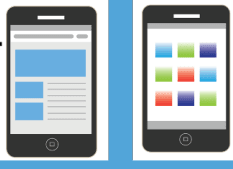
Mobile App: A mobile app UI is planned to keep in mind the platform and its strategies. The graphical UI should be such that customers are talented to view and load it fast on their mobile devices.
Web App: A Web app UI is flexible so that it can change many devices. A web app can saw on a desktop, phone or a tab. Thus, its plan should be clear which works well on any device regardless of the screen size. Also, the texture and look its offerings to the user via any device must also be similar.
Accessibility
Native App: A native app’s convenience is compatible fully with mobile phone hardware. Also, it is well-matched with some inbuilt feature of the device like GPS, Camera, and others. A native app needs to continually update itself to run and include a new feature.
Web App: A web app is not able to contact any native structures of the platform/device it executes on. A web app loads from the web when you access it. Thus, it informs itself without the user consuming to initiate it.
Expenditure Involved
Native App: Since native apps are quicker and efficient, they are a classy investment. Also, for certain quality and long-run from the apps. You must hire the best mobile app development business. This makes them a bit extra expensive than a web app.
Web App: They are not luxurious to create. But to uphold their superiority on so many podiums, a lot of preservation cost is essential.
Internet Connection Requirements
Native App: Some mobile apps can work disconnected. But they do require an internet connection to bringing up-to-date.

Web App: All web apps necessity a continuous internet connection. Also, they keep posted themselves whenever you open them.
Mobile App Vs Web App: The Pros and Cons
Now we know the important differences between mobile and web apps, we can summary the pros and cons of each:
Native Mobile App
Pros:
- Quicker than web apps
- Can work offline
- Safe and secure — innate apps must first be permitted by the app store
- Easier to shape due to the obtainability of developer tools, border rudiments, and SDKs
Cons:
- More luxurious to construct than web apps
- Compatibility with dissimilar platforms frequently means scheming and constructing the app from scratch
- Expensive to maintain and update
Web app
Pros:
- Do not want to be downloaded or installed — web apps purpose in-browser
- Easy to preserve — they have a shared codebase regardless of mobile stage
- Will update themselves
- Do not necessitate app store approval, so can be hurled quickly
Cons:
- Do not work offline
- Slower than mobile apps, and less progressive in terms of topographies
- May not be as discoverable as mobile apps as they remain not listed in an exact database, such as the app store
- Quality and security are not always certain — web apps don’t need to be accepted by the app store
Now earlier hiring the best mobile app Development Company, make sure you know the variance. You must be clever to tell the crew exactly what you need from the app and where you need to run it. Only, then you can grow an app that will be positive for your business. Web App vs Mobile App
Implement your ideas into a mobile app or web ap Contact us today and receive a FREE QUOTE

